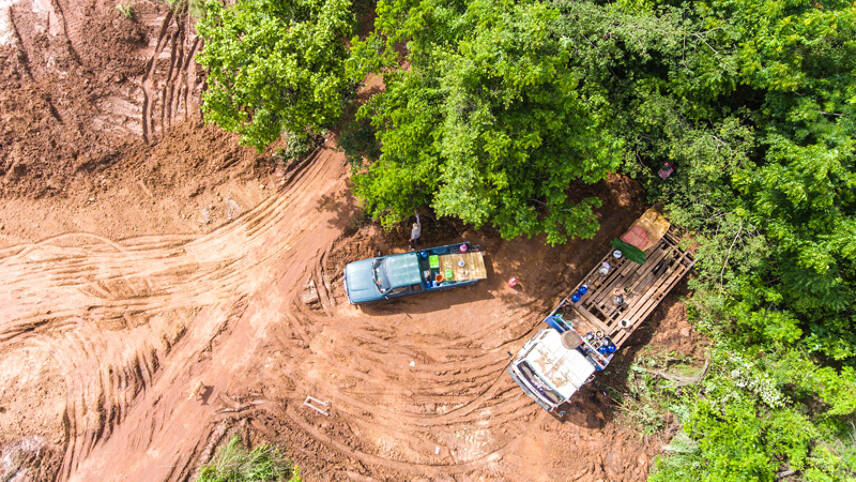Register for free and continue reading
Join our growing army of changemakers and get unlimited access to our premium content

The Department for the Environment, Food and Rural Affairs (Defra) confirmed this in a letter to MPs on the Environmental Audit Committee today (26 March).
The MPs had been pushing the Government to extend the scope of a ban on the sale of imported forest commodities linked to deforestation, first promised in the 2021 Environment Act and with further details having been provided in December 2023. This rule covers palm oil, cocoa, soy and cattle products.
The Committee wanted the ban to include all deforestation, not just that which was classed as illegal in the source country.
Similar concerns about the scope of the legislation have also been raised by big businesses, NGOs and former Environment Minister Zac Goldsmith.
Defra has written to the Committee claiming that, because some researchers believe that at least 69% of tropical deforestation carried out between 2013 and 2019 was illegal, the requirement would already tackle the majority of the most damaging kinds of deforestation. As such, Ministers are not minded to expand the mandate at present.
Environmental Audit Committee chair Philip Dunne MP has expressed disappointment in this conclusion. He said: “Clearing forests to produce goods is deeply damaging whenever it takes place; it being permitted under local laws does not change that fact. UK businesses should not be trading in products linked to deforestation, as defined by the UN, if we want to provide genuine international leadership. Failing to prohibit such trade risks giving mixed signals.”
Defra has also rejected the Committee’s calls for the ban to apply to goods sourced by public sector bodies outside of the central government, such as the NHS or the Prison Service. At present, these bodies can choose whether to fully align with Government Buying Standards or not. These standards set clear sustainability requirements for several forest risk commodities including timber and palm oil.
Consultations on modernizing the Standards were held in 2022, with a specific focus on catering, and Defra has promised to push ahead with reforms to clamp down on environmental issues in food supply chains. However, it has not made the results of the consultations public nor indicated to the Committee when it will do so.
Dunne has said that the public sector would appreciate this information to provide certainty for future planning.
He also implored Ministers at Defra to bring forward secondary legislation to put the ban into action as a matter or urgency, ahead of the general election.


Disgusting.
Yes, Rob, absolutely. But it is money in the grubby little paws.
This is what CSDD was meant for, but the economic – and political interests – of our western colonial minded countries fighted hard to derail it. Too bad that DEFRA shows little sensitivity on this topic, the NBG (net biodiversity gain) approach is totally meaningless when we overlook the Scope 3 of the supply chain, especially for mining and extractive activities. The argument of “let them grow their business to thrive” is a nono, this is still the old BAU approach that has brought us to the current situation and potential collapse.